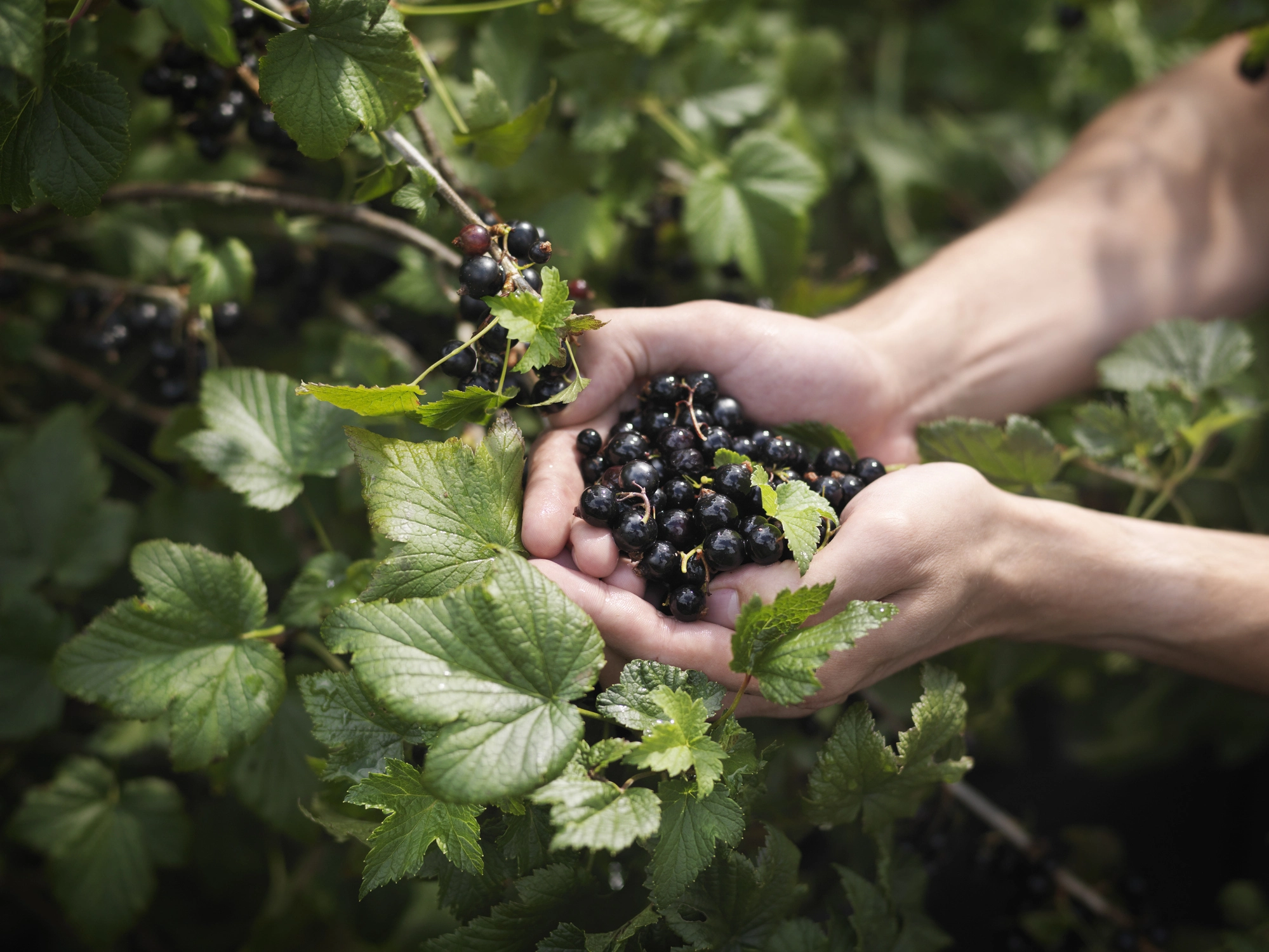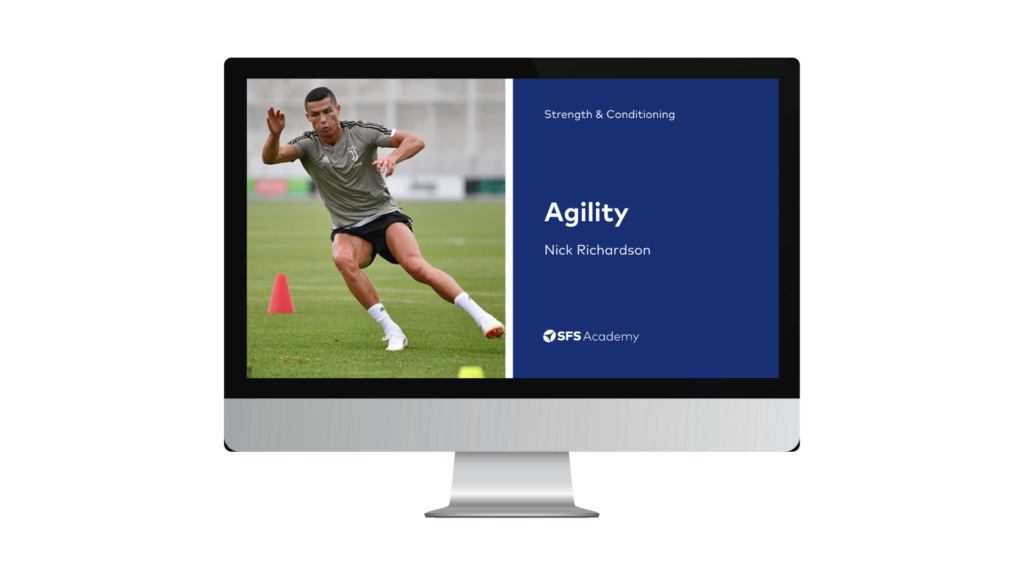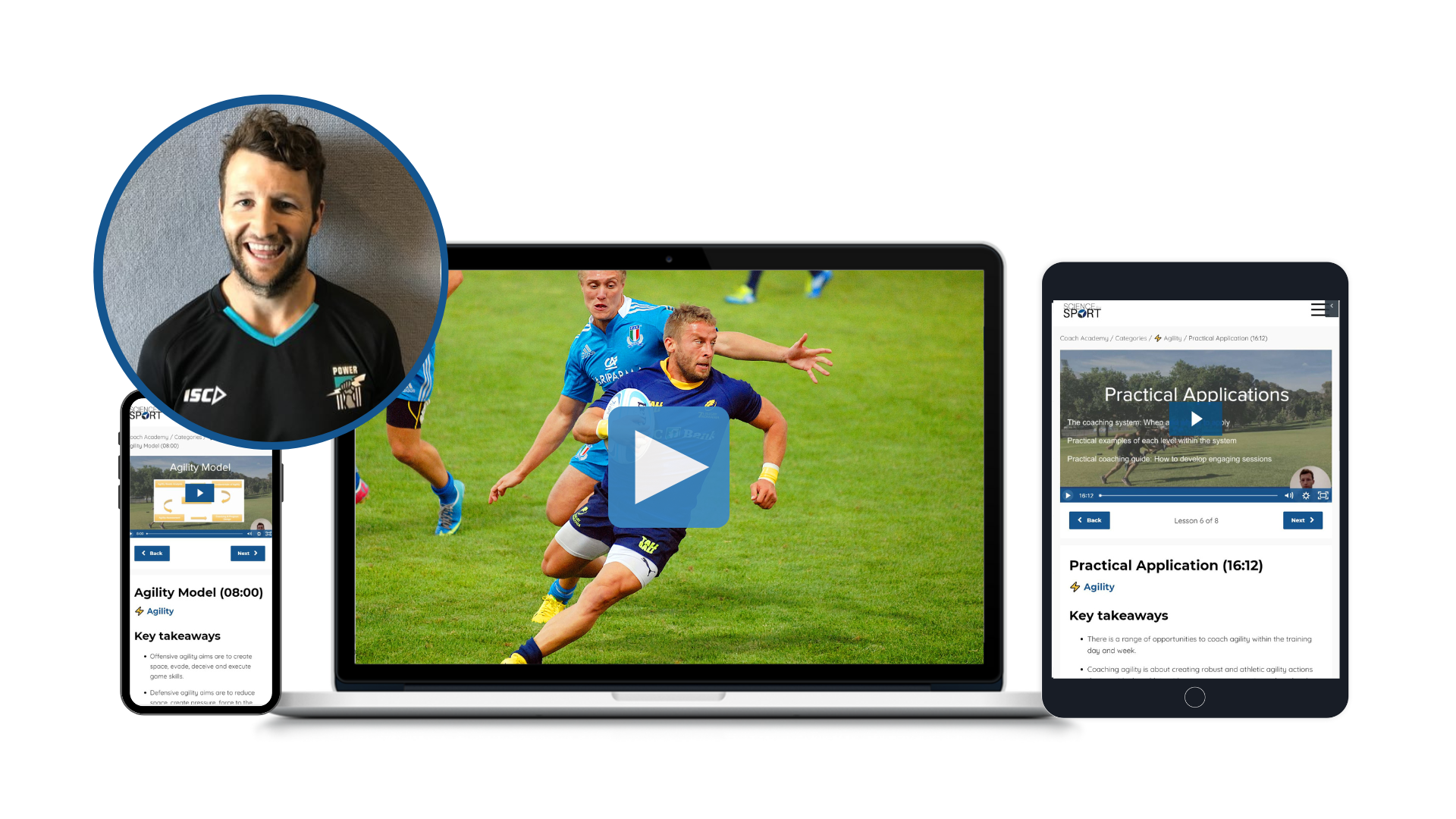This week in the world of sports science, here’s what happened…
- New Zealand blackcurrant extract and running performance
- Lifting in the weights room to get faster
- Physical demands of soccer on artificial turf
New Zealand blackcurrant extract and running performance
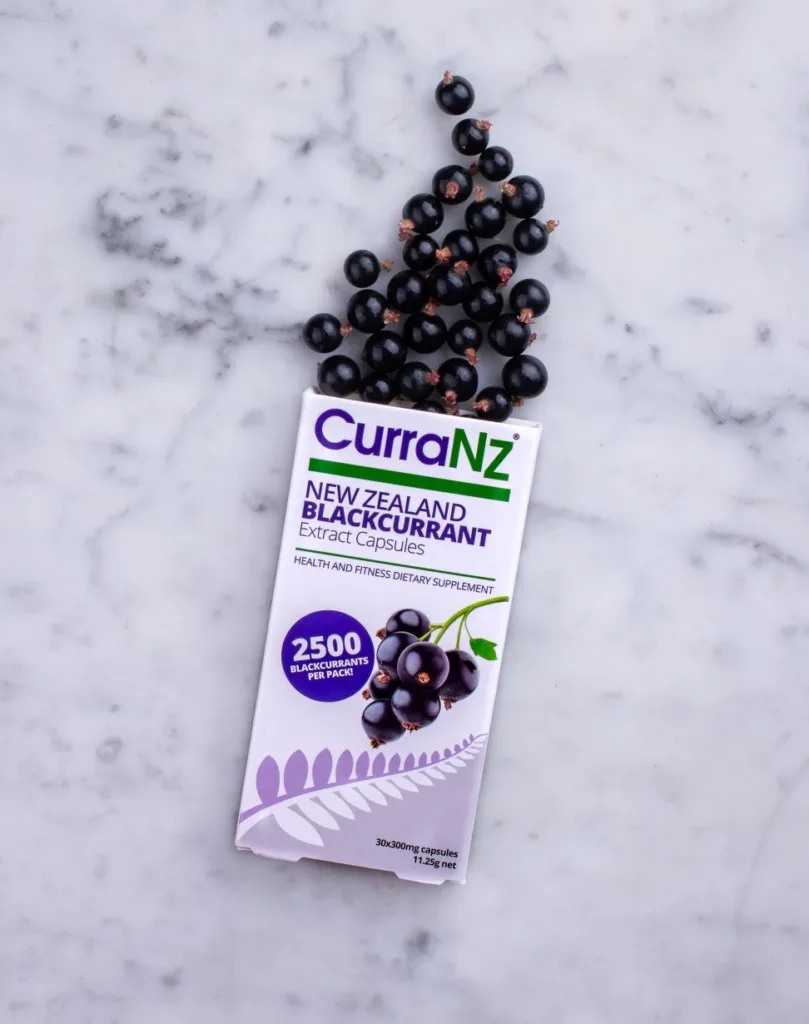
New Zealand blackcurrant extract is becoming a popular sports supplement. The blackcurrants in New Zealand are grown in a region with fantastic environmental factors and strong ultraviolet sunlight. It is suggested that New Zealand blackcurrants are highly nutritious and protect against environmental stressors. Interestingly, CurraNZ Blackcurrant Extract is the official New Zealand rugby team’s supplement.
An interesting study involving New Zealand blackcurrant extract was published in this month’s International Journal of Sports Nutrition and Exercise Metabolism. The study investigated the effects of New Zealand blackcurrant extract on 5-km running performance. Sixteen trained male runners with an average VO₂ max of 55.4 ml·kg−1·min−1 took part in the study.
Interestingly the study found that ingesting New Zealand blackcurrant extract improved 5-km running performance by an average of 38 seconds without altering physiological or metabolic responses to exercise. The amount of New Zealand blackcurrant extract ingested was 900 mg, two hours before running. While the results are promising, more evidence is needed to fully grasp the benefits of New Zealand blackcurrant extract on exercise performance.
Lifting in the weights room to get faster
If you are interested in using the weights room to get your athletes faster, this recent video from Matt Tometz is a must-watch! Tometz outlines that while sprinting and speed training is the most specific thing to do to get faster, lifting in the weights room can also help athletes get faster.
However, lifting programs must be beneficial to your athlete’s speed development. Tometz describes the dos and don’ts of lifting to get faster. This section of the video provides insight into what to program and what to avoid when increasing speed is the goal. Tometz then provides practical programming tips to get faster. These tips are expertly discussed in detail. Some of these tips include the following:
- Super-set exercises for a contrast effect
- Throw medicine balls high and fast
- Jump with light/moderate weight
- Do a variety of plyometrics
- Be intentional with rest times
Tometz is a writer for Science for Sport too and his blogs can be viewed here. Tometz has also been a regular guest on the Science for Sport podcast and his episodes listed below are well worth checking out!
- Get Million Dollar Speed Using The Latest Sport Technology
- Optimising Youth Speed Training: They’re Not Just Small Adults
- How To Use Gym-Based Training To Rocket Your Speed
Physical demands of soccer on artificial turf
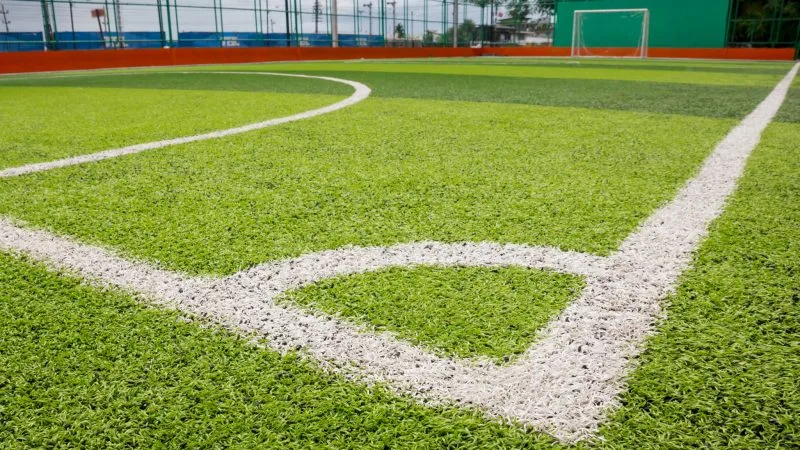
Here in Ireland, artificial turf pitches have allowed many sports to be played during the winter months. Playing and training on artificial turf is more convenient and enjoyable than a waterlogged grass pitch! Interestingly, anecdotal evidence suggests some players find artificial turf more demanding than natural grass. Therefore, I was intrigued when a study comparing the physical demands of soccer on artificial turf and natural grass was published this month.
The study used 31 elite soccer players as their participants. Participants played matches on artificial turf and natural grass. Match running performance artificial turf and natural grass was collected and analysed by GPS. The results showed that playing on artificial turf was more physically demanding for defensive and midfield players than playing on natural grass.
The authors of the study suggest that soccer coaches should consider training and recovery strategies to prepare players for the more physically demanding artificial turf surfaces. The results of this study may support the anecdotal evidence from some players that artificial turf is more physically demanding. However, more research is still needed in this area.
From us this week:
>> New course: Periodization for Football
>> New podcast: How You Can Move Like An NBA Superstar With Next Level On-Court Coordination
>> New infographic: Hamstring Injuries: How Do They Happen?
>> New article: VO₂ MAX
Access to a growing library of sports science courses
SFS Academy is an all-access membership to premium sports science education.
With SFS Academy, you’ll learn from some of the best coaches around the world as they teach you how to apply the latest research and practice with your athletes.
Get instant access when you join today on a 7-day free trial.
I hope you enjoyed this week’s roundup of the hottest sports science news, and as always, we’ll be back next week with more to keep you at the forefront of the industry.
